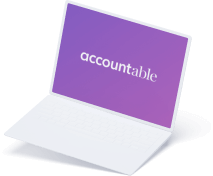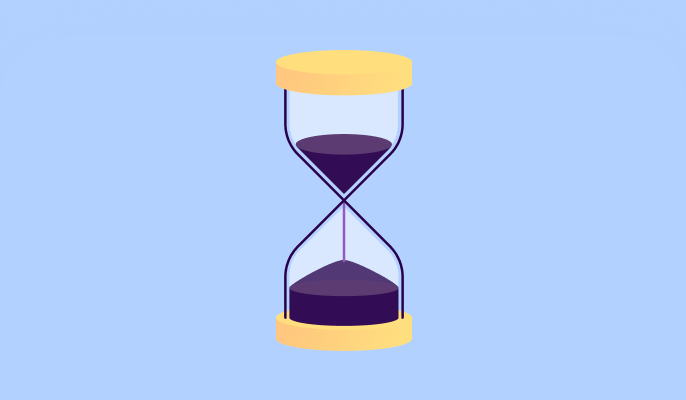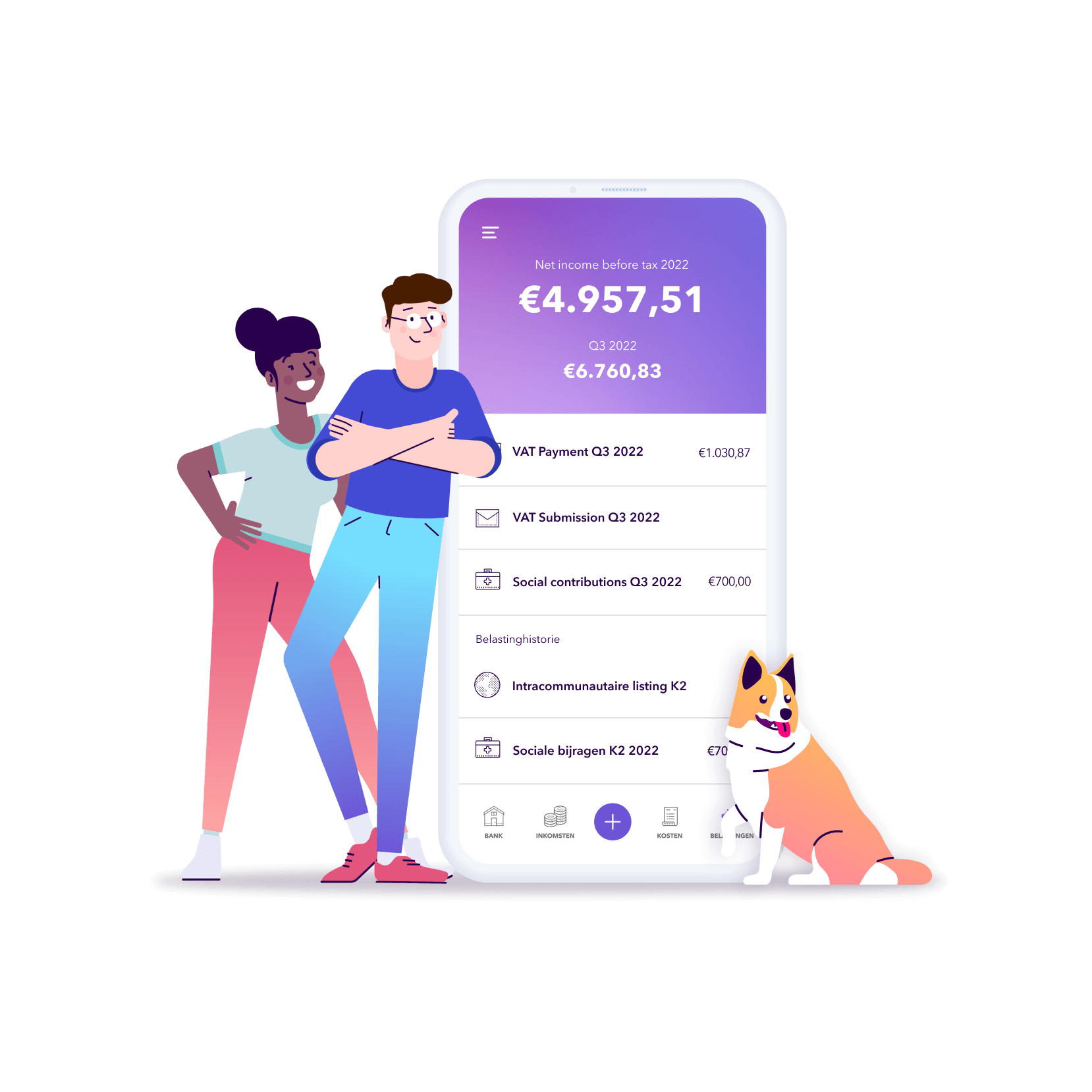
New VAT rules: What does the OSS scheme mean for your EU customers?
Read in 2 minutes
If you sell to private customers within the European Union, you generally charge VAT. However, the VAT rate changed a few years ago due to the new One-Stop Shop (OSS) scheme. What is this single-window system, and what does it mean for your sales to private customers in the EU?
VAT Rules for selling to individuals in the EU
When you sell services to individuals in the EU, you usually charge the VAT rate from your customer’s country, unless it concerns digital services or distance sales.
Digital services include:
- Electronic services (so-called TBE services)
- Telecommunication services
- Radio and television broadcasting services
A distance sale occurs when you, as a business, sell goods to a private individual in another member state, for example, via an online shop.
VAT Rules for e-commerce and digital services within Europe
Do you charge foreign VAT or Belgian VAT on distance sales and digital services? Check the turnover from your distance sales and digital services in the EU for this calendar year.
- If it is below €10,000 and was the same in the previous calendar year, then you may charge Belgian VAT, and you will continue to do so in the next calendar year—unless your turnover from those sales exceeds €10,000 that year.
- If the combined turnover is above €10,000, charge the VAT rate from your customer’s country and continue to do so for at least the following year.
Alternative to the €10,000 threshold
You can choose to ignore the €10,000 threshold. In that case, you always charge the VAT rate applicable in your EU customer’s country. This choice is valid for at least 2 years.
OSS Scheme: simplifying foreign VAT declaration
Since 2021, declaring and paying foreign VAT has become simpler. Through the One Stop Shop (OSS) or the single-window system, you declare all the foreign VAT you owe once per quarter.
You submit your OSS declaration via Intervat, and the system ensures that your declaration and payment are passed on to the tax authorities of the EU countries where you made sales. This means you do not need to make a local VAT declaration for each EU country.
Using the OSS system is not mandatory. If you decide to use the single-window system for your distance sales in the EU, you are also obliged to use it for your digital services.
OSS System invoice rules
If you use the OSS system, follow the Belgian invoicing rules. This means you do not need to issue an invoice for your (digital) services and distance sales to private individuals
If you need to charge VAT from another EU country and do not use the single-window system, then follow the invoicing rules of that EU country.
How the OSS scheme works
The OSS declaration is not a mandatory system but is intended to make things easier for you. If you choose the single-window system to declare VAT from other EU countries, you need to register.
After successful registration, you are obliged to use the system. Note that in some cases, you cannot use the OSS scheme, such as for (nearly) new means of transport like cars and motorcycles.
You submit your OSS declaration each quarter via Intervat. Don’t forget your regular VAT declaration.
Feeling overwhelmed?
The VAT regulation is, to say the least, quite complex. Want to make sure you comply with the correct VAT rules? Accountable ensures your invoices meet legal requirements and are correctly included in your VAT declaration.
Did you find what you were looking for?
Happy to hear!
Stay in the know! Leave your email to get notified about updates and our latest tips for freelancers like you.
We’re sorry to hear that.
Can you specify why this article wasn’t helpful for you?
Thank you for your response. 💜
We value your feedback and will use it to optimise our content.










